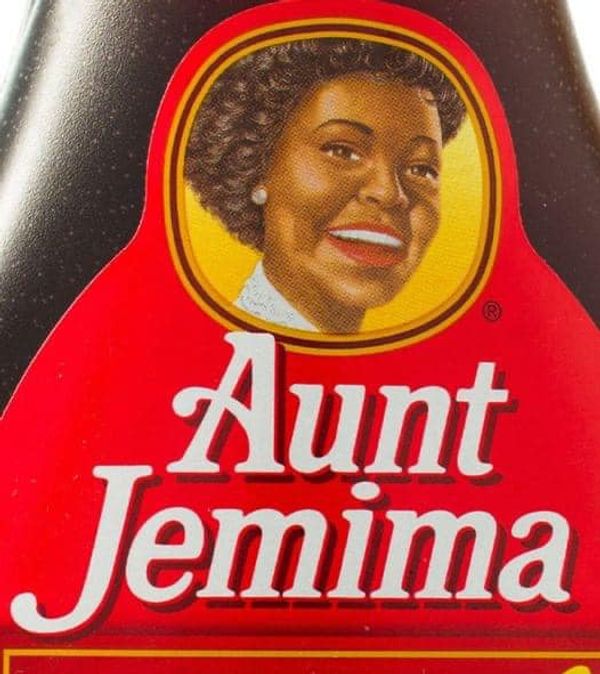Larnell Evans Sr., a 66-year-old Marine Corps veteran and the great-grandson of the beloved “Aunt Jemima,” is voicing his concerns regarding Quaker Oats’ decision to retire the iconic breakfast brand. While the company’s intention may be to distance itself from its racist history, Evans believes that simply removing the brand is not enough. He sees it as an attempt to erase the injustices associated with it, which he considers an injustice to his family.

Evans’s great-grandmother, Anna Short Harrington, took over the role of “Aunt Jemima” after the passing of the original actress, Nancy Green. Born on a South Carolina plantation, Harrington later worked as a maid and cook for a white family in New York. It was during her time at the Kappa Sigma fraternity house in Syracuse that a Quaker Oats representative discovered her and began using her likeness on products and advertising.
As Aunt Jemima, Harrington became a national celebrity, traveling across the United States and Canada, delighting people with her famous pancakes. However, in 2014, her descendants filed a lawsuit against Quaker Oats, claiming that the company had not paid royalties to Harrington’s family. Unfortunately, the case was dismissed by a federal judge who ruled that Evans and his nephew did not have legal standing to sue under Harrington’s name.
In response to recent events and growing calls for racial equity, Quaker Foods announced that it would retire the Aunt Jemima brand. Following suit, Mars Inc., the makers of Uncle Ben’s instant rice, also decided to change their brand’s name and logo. Additionally, the Cream Of Wheat box’s image is currently under consideration for removal.
However, Evans believes that removing these images is merely a surface-level solution. He argues that corporations like Quaker Oats should go beyond erasing history and instead acknowledge the profits they made from these racist depictions. Evans firmly believes that they should also provide restitution to the black community.
For Evans, his passion for preserving his family’s history stems from his desire for accountability and acknowledgment of the pain caused by these images. Simply erasing history without addressing the ongoing struggles and injustices faced by black Americans is not enough in his eyes. He urges corporations to step up and take responsibility for their past actions, viewing the removal of racially insensitive images as a positive step forward. However, he emphasizes that true progress requires more than just erasing the evidence; it requires meaningful and substantial change.





